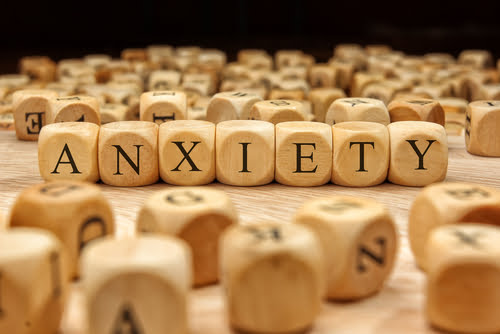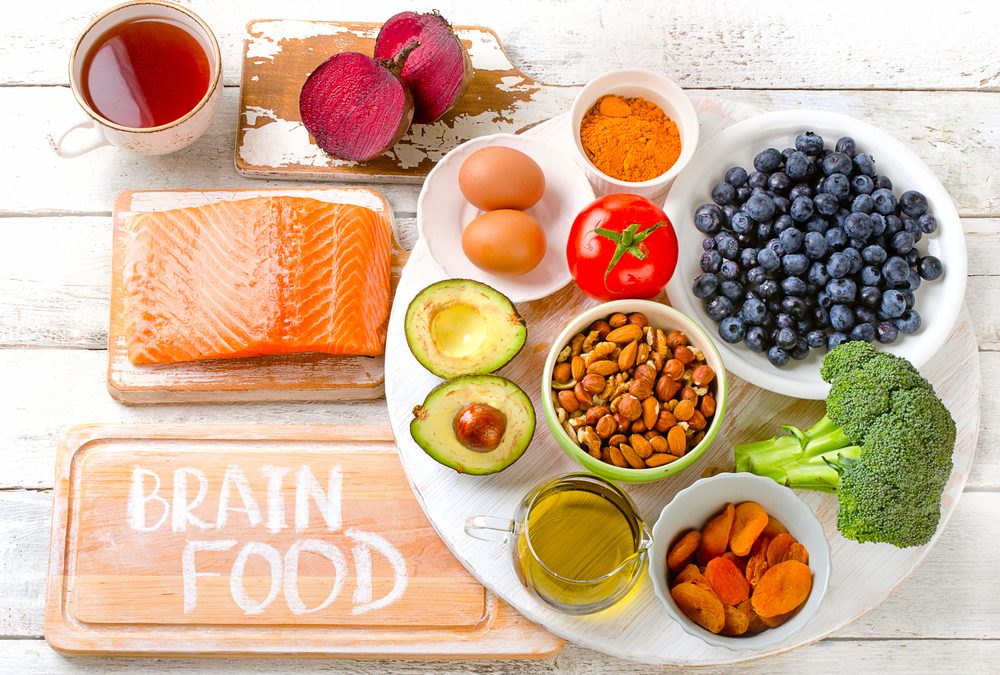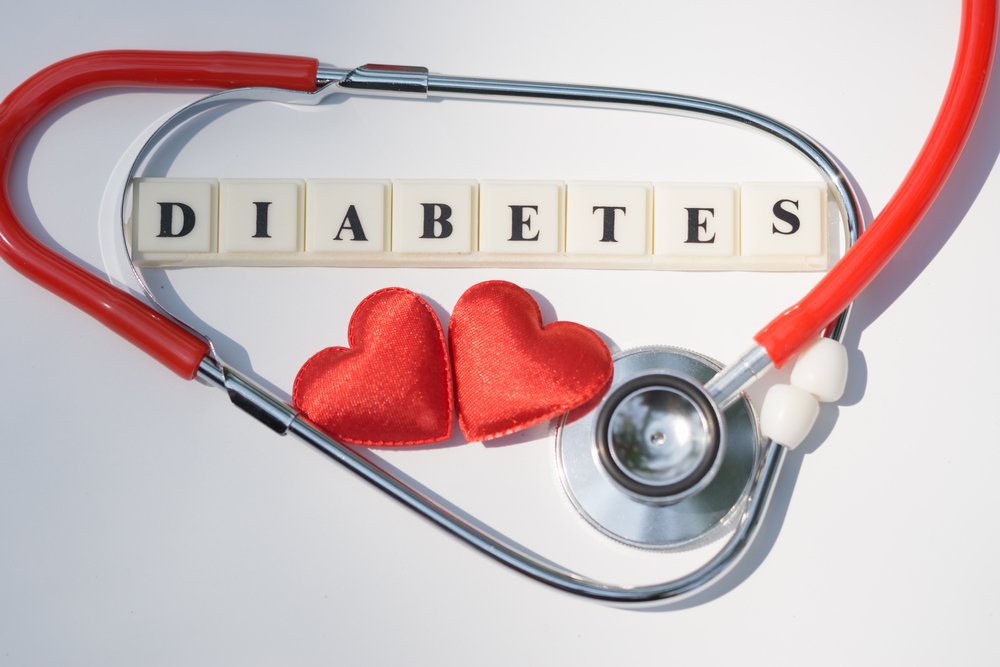Anxiety in Everyday Life—and When It Becomes a Disorder
Back-to-school chaos, packed calendars, and performance pressures can churn up nerves for anyone. That kind of occasional worry usually passes once the stressor does. Anxiety disorders are different. As the National Institute of Mental Health explains, clinical anxiety lingers, often intensifies, and begins to disrupt work, school, relationships, and sleep. Genetics and environment both play a part, and the umbrella covers generalized anxiety, panic attacks, and a range of phobias. The experience can feel relentless—racing thoughts, irritability, muscle tightness, poor focus, restless nights, and in panic states, chest thumping, breathlessness, and a sense that something terrible is imminent. The good news: treatment options span psychotherapy, medications, mind–body strategies, community support, and increasingly, targeted nutrition.
Why Omega-3s Enter the Anxiety Conversation
Nutrients with strong safety profiles are drawing attention as complements to standard care. Among them are the marine omega-3 fats EPA (eicosapentaenoic acid) and DHA (docosahexaenoic acid), long studied for heart and brain benefits. Their potential anti-anxiety role likely stems from effects on inflammation, cell-membrane signaling, and neurotransmission. Unlike many prescription anxiolytics, omega-3s do not typically cause drowsiness, weight gain, or the other side effects that can limit adherence, which makes them appealing to researchers and patients looking for gentle, evidence-based support.
Early Clinical Clues: The Medical Student Study
One of the first controlled trials to probe this link followed 68 medical students through calm periods and pre-exam crunch time. Participants took either a daily omega-3 supplement providing about 2.5 grams (roughly 2085 mg EPA and 348 mg DHA) or a placebo aligned with a typical Western fat profile. Those on omega-3s reported about a 20% drop in anxiety symptoms compared with controls, alongside anti-inflammatory shifts in blood markers. Even in healthy young adults, dialing up EPA and DHA appeared to turn down both worry and inflammatory tone.
The Bigger Picture: A Meta-Analysis Across 19 Trials
Interest accelerated with a 2018 systematic review and meta-analysis in JAMA pooling 19 randomized trials from 11 countries and more than two thousand participants. Despite wide variation in diagnoses—from test stress to mood disorders and cardiac patients—the overall signal favored omega-3s over control for reducing anxiety symptoms. The authors noted two dose-and-formula insights worth remembering. First, intakes above 2000 mg per day were linked to stronger anxiolytic effects than lower doses. Second, products with less than 60% EPA content were more consistently associated with improvement than those skewed to 60% EPA or higher. The takeaway wasn’t that everyone should megadose, but that dose and EPA:DHA balance matter and deserve careful design in future trials.
What This Means for Real People Right Now
If anxiety is undermining daily life, start with proven foundations: talk therapy, appropriate medication when indicated, structured sleep and movement, and stress-reduction practices. Within that plan, a well-formulated omega-3 supplement can be a low-risk, potentially helpful addition—especially if your diet is light on fatty fish. Many studies used totals in the 1–3 gram per day range of EPA+DHA, with emerging evidence suggesting benefits may be more pronounced at the higher end. Because products vary widely, choose a reputable brand, check the actual milligrams of EPA and DHA on the label (not just “fish oil” grams), and discuss dosing and interactions with your clinician.
Nutritional Psychiatry Is Growing Up
Clinicians are increasingly acknowledging food–mood connections, not as a replacement for therapy or medication but as a practical lever to tilt biology toward resilience. Alongside magnesium, probiotics, and botanicals like ashwagandha, omega-3s sit at the center of this nutritional psychiatry toolkit. The rationale is straightforward: deficiencies and inflammatory diets can nudge the brain toward vulnerability, while correcting those gaps may improve response to standard care. More large, well-controlled trials focused specifically on anxiety are still needed, particularly to refine dose and EPA:DHA ratios. But for many, improving omega-3 status is a simple step with meaningful upside and minimal downside.
Bottom Line
EPA and DHA won’t erase every anxious thought, yet the research trend points to a real, clinically relevant calming effect for some people—most notably at adequate doses and with attention to formulation. Build the basics, consult your healthcare provider, and consider omega-3s as part of a comprehensive, compassionate approach to easing anxiety and restoring steady ground.




